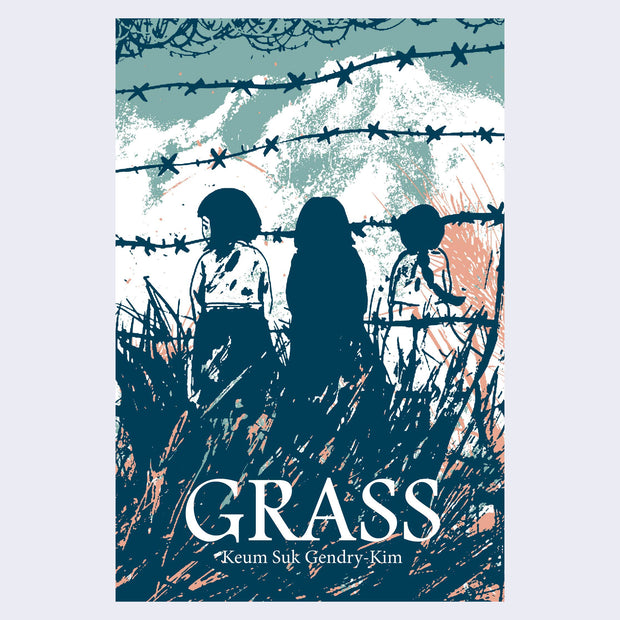

Grass is a powerful anti-war graphic novel, offering up firsthand the life story of a Korean girl named Okseon Lee who was forced into sexual slavery for the Japanese Imperial Army during the second World War. The link to join the Zoom Talk will be emailed to you prior to the session. Copies of the book can be found at all good bookstores and online. The posting a free copy of the book for the first thirty people who RSVP for the event has now closed. Apply to with your name and contact details by 11th July.Event Date: Wednesday 28th July 1PM-2:30PM (BST).

Following the talk, author Kim will respond to questions from the audience. This special series of our Korean Literature Nights in July and August will be exploring Graphic novels - we will read the graphic novel ‘ Grass' by Keum Suk Gendry-Kim in July.Īuthor Keum Suk Gendry-Kim and translator Janet Hong will join us for a live virtual talk about her novel ‘ Grass’. Grass is a landmark graphic novel that makes personal the desperate cost of war and the importance of peace.The Korean Literature Night (KLN) is a monthly discussion group that explores various themes and topics relating to that month’s chosen book. The cartoonist Gendry-Kim's interviews with Lee become an integral part of Grass, forming the heart and architecture of this powerful nonfiction graphic novel and offering a holistic view of how Lee's wartime suffering changed her. Grass is painted in a black ink that flows with lavish details of the beautiful fields and farmland of Korea and uses heavy brushwork on the somber interiors of Lee's memories. Keum Suk Gendry-Kim emphasizes Lee's strength in overcoming the many forms of adversity she experienced. Grass is a powerful antiwar graphic novel, telling the life story of a Korean girl named Okseon Lee who was forced into sexual slavery for the Japanese Imperial Army during the Second World War-a disputed chapter in twentieth-century Asian history.īeginning in Lee's childhood, Grass shows the lead-up to the war from a child's vulnerable perspective, detailing how one person experienced the Japanese occupation and the widespread suffering it entailed for ordinary Koreans. Appeared on best of the year lists from The New York Times, The Guardian, and more! Winner of The Cartoonist Studio Prize for Best Print Comic of the Year!


 0 kommentar(er)
0 kommentar(er)
